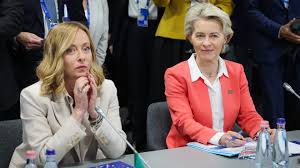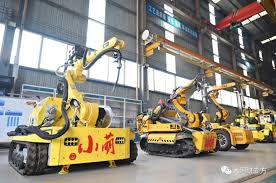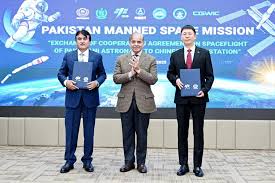Italy balances opportunity and caution on EU-Mercosur deal

Rome: Italy’s pragmatic approach. Italy has adopted an open yet measured stance on the newly finalised EU-Mercosur trade agreement.
While acknowledging the financial opportunities it offers exporters, the government is pushing for measures to shield its agricultural sector from excessive strain.
The agreement, concluded after 25 years of negotiation, was hailed by European Commission President Ursula von der Leyen as a landmark deal that will save EU companies €4 billion annually in export tariffs. The pact aims to bolster economic and geopolitical ties with Mercosur, comprising Brazil, Argentina, Uruguay, and Paraguay.
Acknowledging gains and risks. Francesco Lollobrigida, Italy’s Minister for Agriculture and Food Sovereignty, recognised the potential financial benefits the agreement could bring to Italy, particularly in terms of exports.
However, he stressed the importance of avoiding further harm to a domestic agricultural sector already facing significant challenges.
Italy is working with the European Commission on compensations for farmers.
These could be achieved through an addendum to the agreement and reforms to the Common Agricultural Policy.
Criticism from agricultural stakeholders. The deal has drawn sharp criticism from agricultural leaders such as Massimiliano Giansanti, president of Confagricoltura, Italy’s oldest association of agricultural enterprises.
Speaking to Il Sole 24 Ore, Giansanti voiced concerns over the agreement’s potential impact on European food safety standards and market stability.
“We supported trade agreements with Canada, Japan, and New Zealand, but this one raises significant red flags,” Giansanti said.
He warned that sectors such as poultry, beef, and sugar could face heightened pressure, particularly as they are already grappling with duty-free imports from Ukraine.





